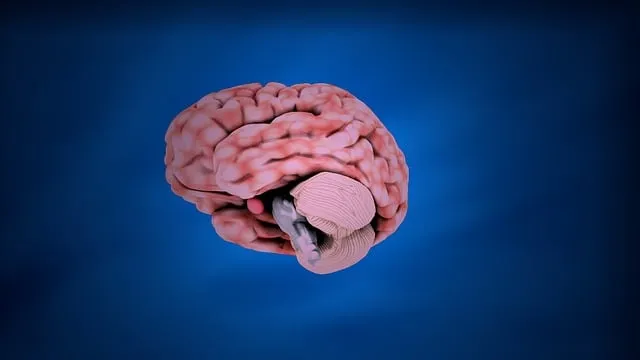The Lafayette Kaiser Permanente mental health center, operated by a dedicated team, leverages data collection as a primary driver of service excellence and improvement. Employing diverse data types from patient demographics to clinical notes, the center analyzes this comprehensive dataset to identify trends, gaps, and areas for enhancement in mental health care services. Advanced statistical methods, including predictive analytics and machine learning, enable early identification of high-risk individuals and personalized treatment plans. Practical tools and robust risk management planning create a safe, supportive environment while ensuring evidence-based care tailored to individual needs. Through data insights, the center implements targeted initiatives like burnout prevention and empathy-building programs, fostering inner strength development among patients and significantly improving mental health outcomes both for patients and the community.
Mental health data analysis is a powerful tool for improving patient care at centers like the Lafayette Kaiser Permanente. This article explores the intricacies of understanding, analyzing, and interpreting mental health data collected at this leading facility, owned by Kaiser Permanente.
We’ll delve into best practices for data collection specific to Lafayette’s approach, effective analytical techniques, and how insightful interpretations can drive improvements in patient outcomes. Discover how this process empowers healthcare providers to make informed decisions tailored to individual needs.
- Understanding Mental Health Data Collection at Lafayette Kaiser Permanente
- Techniques for Effective Mental Health Data Analysis
- Interpreting Data to Improve Patient Care and Outcomes at the Center
Understanding Mental Health Data Collection at Lafayette Kaiser Permanente

At Lafayette Kaiser Permanente mental health center, understanding data collection is paramount to effective service delivery and improvement. The center leverages a multi-faceted approach to gather comprehensive data, encompassing patient demographics, diagnosis codes, treatment modalities, and outcomes measures. This includes both structured and unstructured information, such as clinical notes, patient surveys, and feedback from support staff. By owning and meticulously analyzing this data, Lafayette Kaiser Permanente can identify trends, gaps, and areas for enhancement in mental health care services.
The center prioritizes Emotional Well-being Promotion Techniques through data-driven insights, tailoring interventions to address specific needs within the community. Moreover, Mental Health Education Programs Design benefits from this rich dataset, enabling the creation of targeted educational content and awareness campaigns. Additionally, healthcare provider Cultural Competency Training is enhanced by analyzing patient data to identify cultural barriers and tailor training modules for better patient engagement and care outcomes.
Techniques for Effective Mental Health Data Analysis

At the Lafayette Kaiser Permanente mental health center by owner, we understand that effective data analysis and interpretation are key to enhancing patient outcomes and improving care delivery. Advanced statistical methods play a pivotal role in uncovering meaningful insights from complex mental health datasets. Techniques such as predictive analytics enable professionals to identify at-risk individuals early on, allowing for timely interventions and personalized treatment plans. By leveraging machine learning algorithms, healthcare providers can predict recurrence rates of disorders, further optimizing resource allocation and patient management.
In addition to statistical analysis, practical tools like Social Skills Training and Conflict Resolution Techniques are essential for mental health professionals. Risk Management Planning is another critical aspect that ensures the well-being of both patients and practitioners. By integrating these strategies into data interpretation, mental health centers can foster a safer, more supportive environment while delivering evidence-based care tailored to individual needs.
Interpreting Data to Improve Patient Care and Outcomes at the Center

At the Lafayette Kaiser Permanente mental health center, data analysis plays a pivotal role in enhancing patient care and outcomes. By meticulously interpreting trends within the patient population, healthcare professionals can identify areas for improvement, tailor interventions to individual needs, and proactively address emerging challenges. This evidence-based approach not only optimizes resource allocation but also fosters a more personalized and effective therapeutic environment.
Through data-driven insights, the center can implement targeted initiatives like burnout prevention strategies and empathy-building programs, promoting inner strength development among patients. By understanding the unique factors contributing to mental health disparities, the Lafayette Kaiser Permanente mental health center by owner is equipped to create sustainable solutions that significantly improve patient well-being and overall community mental health.
The analysis and interpretation of mental health data, as demonstrated by practices at the Lafayette Kaiser Permanente mental health center by owner, are pivotal in enhancing patient care and outcomes. By employing robust techniques for data collection and utilizing advanced analytical tools, healthcare providers can uncover valuable insights to tailor treatment plans effectively. This approach not only improves individual patient care but also contributes to the overall well-being of the community, setting a benchmark for quality mental health services at Lafayette Kaiser Permanente and beyond.






